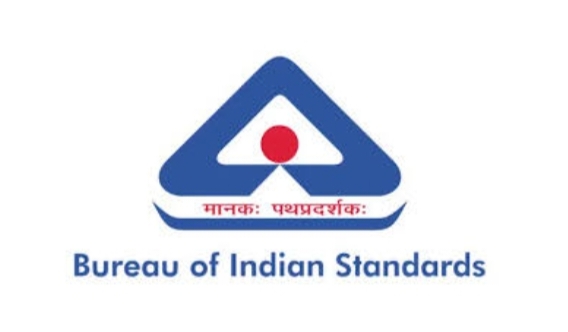- Bureau of Indian Standard is an Indian national Standard body, responsible for developing and publishing standards for various products, services and systems, Government of India.
- Founded on 23rd December 1986.
- Headquartered in Manak Bhawan, Old Delhi, India.
- Official languages of this Standard are English and Hindi.
Key aspects:
- Mandatory standards: BIS standards are mandatory for certain products, ensuring safety, quality, and performance.
- Voluntary certification: BIS offers voluntary certification schemes for products and services.
- Indian industry focus: BIS standards are tailored to meet the needs of Indian industries and consumers.
- Harmonization with international standards: BIS standards are aligned with international standards, facilitating global trade.
- Regular updates and revisions: BIS standards are reviewed and updated regularly to reflect technological advancements and changing industry needs.
Benefits:
- Ensures safety and quality: BIS standards ensure products meet safety and quality requirements.
- Boosts consumer confidence: BIS certification builds trust among consumers.
- Enhances industry credibility: BIS standards help industries demonstrate their commitment to quality and safety.
- Facilitates international trade: BIS standards aligned with international standards facilitate exports and imports.
- Supports Make in India initiative: BIS standards promote the growth of Indian industries.
Popular BIS Standards:
- ISI mark: A certification mark for industrial products.
- Hallmark: A certification mark for gold and silver jewelry.
- Agricultural standards: Standards for agricultural products and processes.
- Food safety standards: Standards for food safety and hygiene.
- Environmental management standards: Standards for environmental management and sustainability.
By adopting BIS standards, organizations can ensure compliance with regulatory requirements, enhance their reputation, and contribute to the growth of Indian industries.
